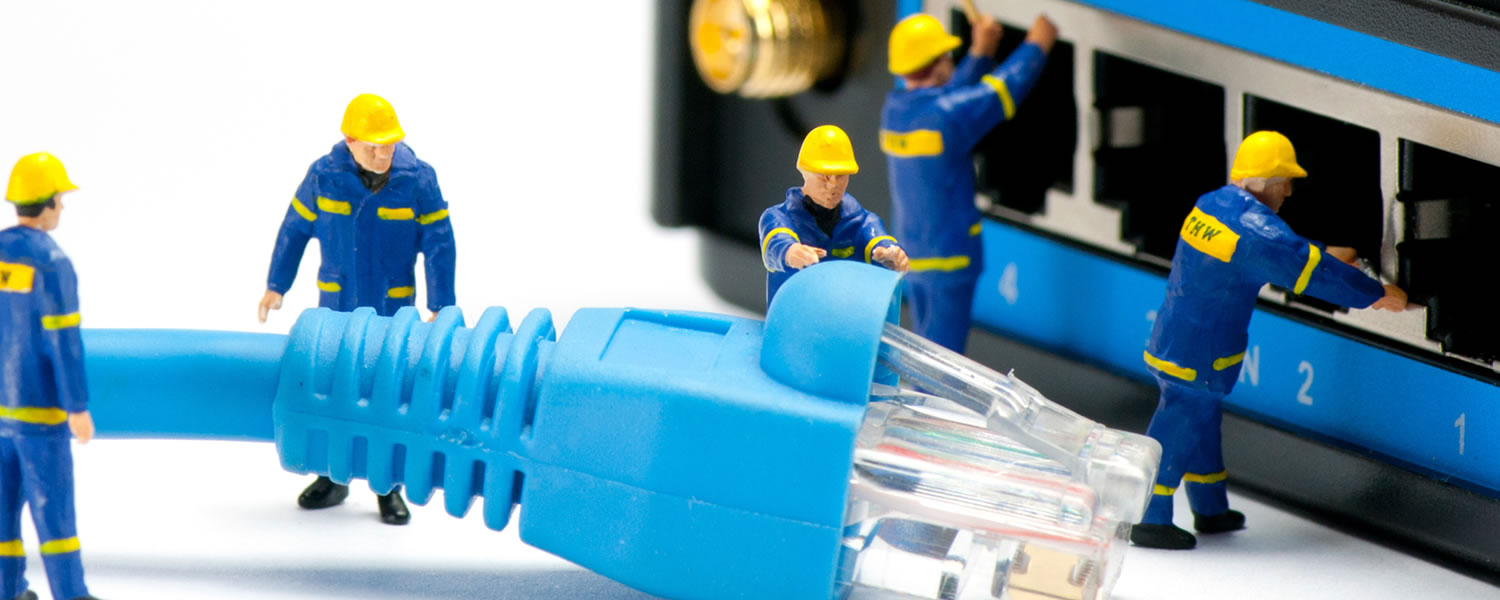Internet Service Provider (ISP) Liquid Telecom is raising the alarm over the impending lack of more Internet Protocol (IP) address to be issued out to devices across Africa. The running out of IP address could happen as soon as the year 2017. It could also mean a slowdown in Africa’s digital growth.
In simpler explanations, an IP address it to a smartphone/laptop/computer (any internet device) what a phone number is to a phone. Just the way you dial a particular number to call a certain contact, the IP address serves as the equivalent of a phone number when a device connects to the internet and wants to send or receive certain information.
The continent of Africa is currently using the older IPv4 IP addressing system. However, there is a newer and better IP addressing system, IPv6 that is currently in use in the developed parts of the world. Liquid Telecom says Africa is the only continent still using the old IPv4 addresses. The company now warns that Africa is about to exhaust all possible IP addresses on the IPv4 system. The continent could reach the limit as soon as next year.
“We are almost eating into the last block of 16 million addresses of the IPv4 space that the regional Internet registry for Africa has available,” warns Andrew Alston, the Liquid Telecom group head of IP Strategy.
“This means we are soon entering a new phase where getting IPv4 addresses will become far more difficult and eventually impossible; there won’t be any more to give. So it is important that ISPs start to deploy IPv6.”
As much as the obvious choice for the continent is to switch to IPv6, experts warn that the transition should be conducted diligently and with due care. Failure to which, Africa could open a big Pandora box that will spew out digital mayhems like cyber insecurity and inability to add new devices.
“Africa’s population and especially young populations is growing fast, with Kenya expected to hit 62 million people by 2030,” said Ben Roberts, the Chief Executive at Liquid Telecom. “This is then multiplied by the growing number of internet devices we are all carrying, as phones, laptops, tablets, and all these devices need an IP address.”




